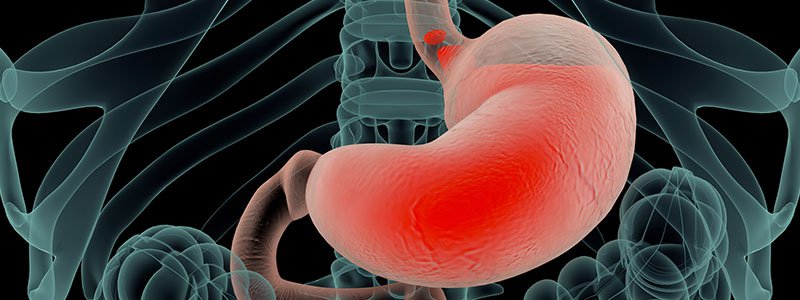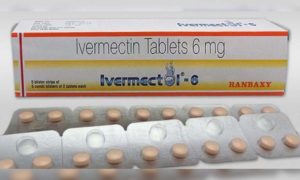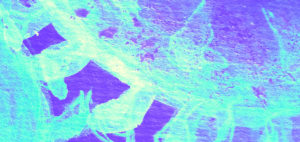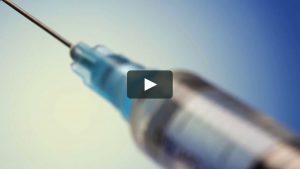Paleo Diet and GERD

There are many different causes of Gastroesophageal reflux disease (GERD). It can be caused by an overabundance of stomach acid or, ironically, too little stomach acid (hypochlorhydria).

My personal case involved low stomach acid and was resolved by supplementing with a shot of apple cider vinegar twice, then once a day. Here’s the story:
Too much acid?
I had noticed discomfort toward the bottom of my esophagus after swallowing for a while. Originally I thought I had swallowed a sharp chip that caused a lesion in there and that’s why it hurt, but after it didn’t heal, I sought a better explanation.
We were eating well in general but doing several things according to the Paleo diet that may have contributed to GERD:
- Eating large protein-heavy meals at night
- Drinking carbonated beverages
- Laying down to sleep shortly after meals
- Eating spicy foods
These are all risk factors for hyperchlorhydria, or too much stomach acid.
So, I tried giving up carbonated beverages and trying to stay upright longer after eating. I even cut down the size of dinner, though I couldn’t give up spicy foods. I also tried a natural papaya antacid that tasted great and worked to cut down on the acid.
However, this didn’t improve the discomfort in my esophagus and I started to notice more indigestion. It felt like I wasn’t properly digesting my food and it was “backing up” into my esophagus at night. I wasn’t hungry in the morning anymore and it felt like I still was digesting dinner in the morning.
Too little acid
My wife suggested that it might be the opposite issue—that I may have too low stomach acid.
I conducted the baking soda test:
- First thing in the morning (before eating or drinking), mix 1/4 teaspoon of baking soda in 4 ounces of cold water.
- Drink the baking soda solution.
- Set a timer and see how long it takes you to burp. If you have not burped within five minutes, stop timing.
If you have a sufficient stomach acidity, the baking soda will cause a burp within two to three minutes. I never burped, which was really telling. I did this test three times and never burped once, so I determined that my issue was hypochlorhydria.
The ACV solution
I returned to my normal eating habits and started taking a shot of apple cider vinegar inconsistently throughout the week. I also stopped using my baking soda toothpaste and started laying on my left side at the beginning of sleep.

I noticed that I was burping more throughout the day, which sounded good considering the baking soda test. It felt like I was digesting food better but there wasn’t a noticeable improvement in the esophageal discomfort.
We went on vacation and didn’t bring the apple cider vinegar and the discomfort became excruciating. I was worried that it might have been worse than irritation caused by reflux and something like cancer. I made a point to increase the vinegar and if that didn’t work to have it looked at.
The regimen a shot of about an ounce after breakfast and after dinner. Within weeks, the esophageal discomfort was gone and I reduced my vinegar regimen to once a day.

The discomfort has not returned and I feel like my digestion of large, high-protein meals in the evening is optimal. I’ve recently switched to dehydrated apple cider vinegar in a capsule with exogenous ketones for preventative purposes but that did not seem to work for digestion, so I have gone back to a shot of ACV after dinner.
As mentioned before there are several causes for GERD and apple cider vinegar may not help all cases, but with a majority of the people suffering from hypochlorhydria, it is a possibility for most. The Paleo diet may contribute to GERD in the way described. Try the baking soda test and consult a physician about the likelihood of low stomach acid.







